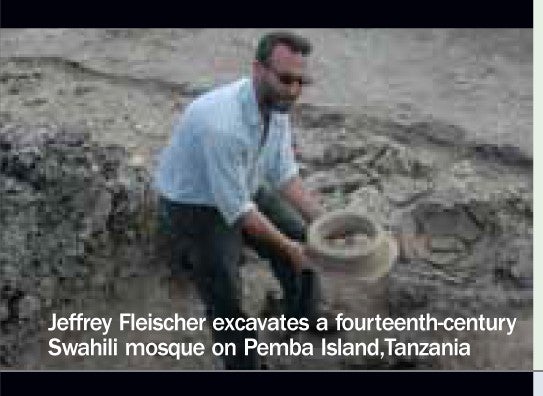
Thinking Across the African Past: Archaeological, Linguistic and Genetic Research on Precolonial African History
Friday, March 11, 2011 to Sunday, March 13, 2011
This conference brings together archaeologists, linguists, geneticists and historians who use a range of methodologies to study the early history of Africa. Despite a long tradition of interdisciplinary approaches to Africa’s past, the complementary nature of archaeological and historical-linguistic data, assumed in the first decades of African Studies, came under fire in the 1970s and 1980s. Scholars at that time rejected the simplistic notion that data produced in one discipline could be mapped non-problematically onto data from another; this was particularly true in how researchers attempted to combine linguistic and archaeological research on Bantu Expansions. The heady days of correlating the spread of pottery traditions with the expansion of proto-languages ended with the conclusion that harmonizing data between the disciplines might not be possible or even desirable. Reacting against an unequal relationship in which archaeologists were assigned a role in producing data while historians dominated the reconstruction of Africa’s past, many archaeologists turned away from interdisciplinary work, seeking an intellectual space in which trends and problems in the discipline of anthropology, rather than history, shaped their research agenda. The resulting hiatus of interdisciplinary inquiry characterizing the last decades of the 20th century posed a severe challenge to studying the early history of Africa’s oral societies.
However, the advent of genetics research—and concomitant research advances in archaeology and historical linguistics—in Africa over the last decade has revived earlier questions about the possibility and utility of interdisciplinary research in the reconstruction of African history. We believe that the time is right for a re-engagement with these issues.
